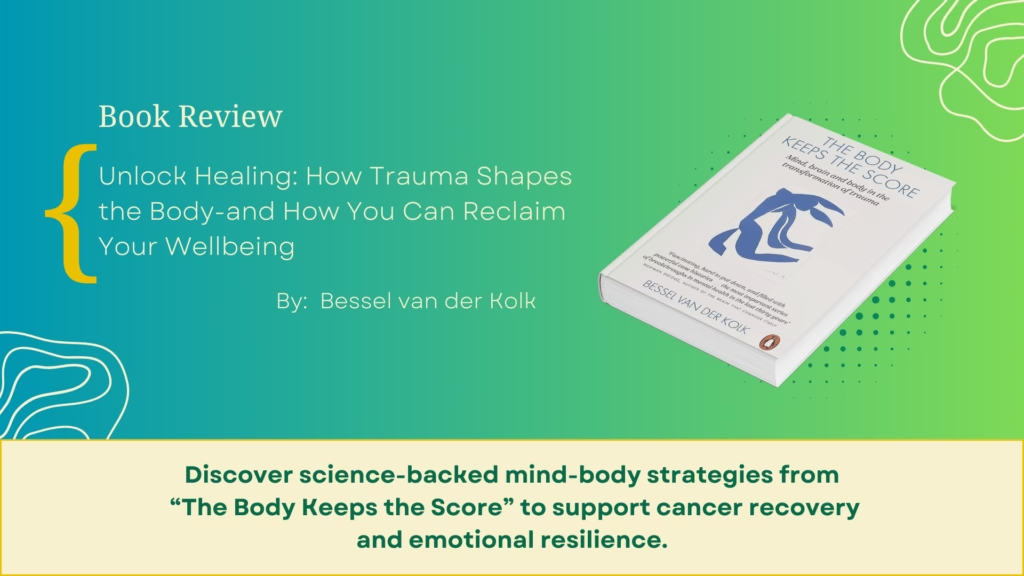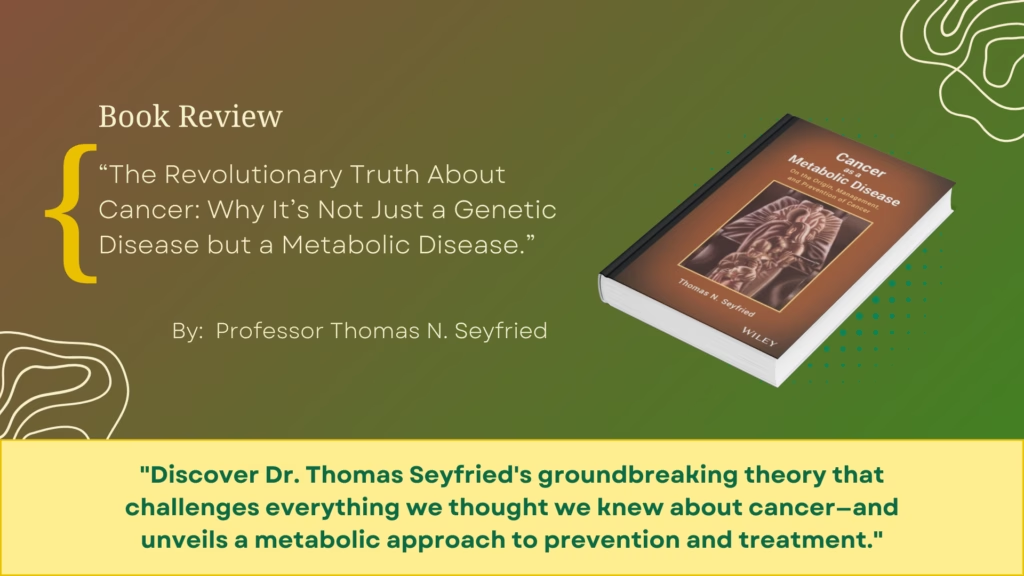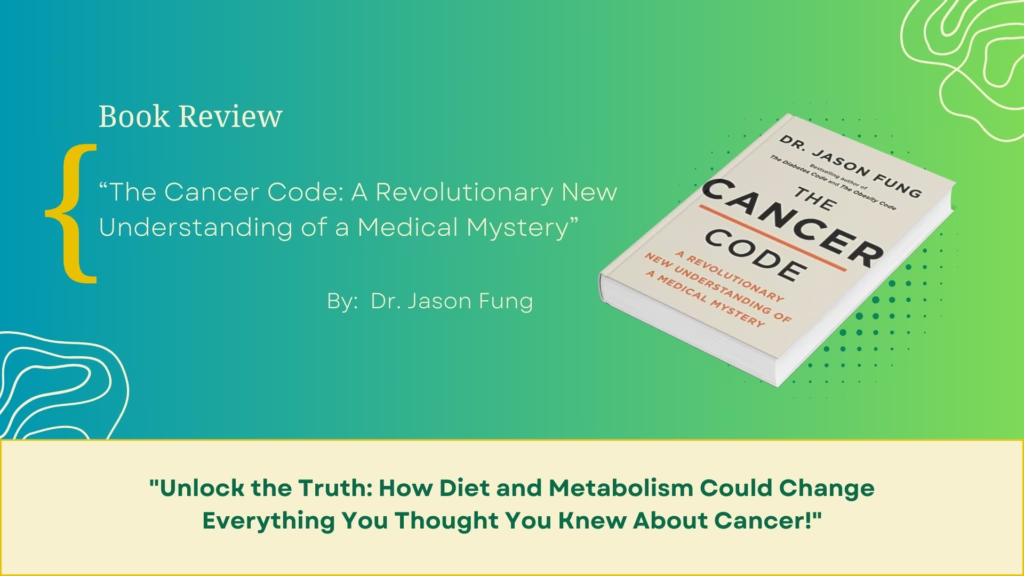
The Body Keeps the Score: Brain, Mind, and Body in the Healing of Trauma Review
Discover how trauma impacts the brain, body, and healing process with our in-depth review of The Body Keeps the Score by Dr.
This book advocates for a return to ancestral diets, asserting that the rise of industrial seed oils has been the primary culprit behind the surge in chronic diseases throughout the 20th and 21st centuries. Through a combination of historical analysis, scientific research, and practical dietary guidelines, it posits that by eliminating processed foods and adhering to diets consistent with our ancestral past, individuals can significantly improve their health.
The introduction presents a historical perspective on health, contrasting the state of human health post-American Civil War against the chronic disease epidemic we face today. The authors suggest that understanding the evolution of our diet, especially the introduction of seed oils and processed foods, is key to addressing modern health crises, such as obesity, heart disease, and cancer.
The authors begin by discussing the health norms before the introduction of industrial foods, wherein chronic diseases were virtually absent. This historical analysis forms a strong foundation for their argument, illustrating that the current health crisis correlates strongly with changes in dietary practices, particularly the rise of vegetable oils high in omega-6 fatty acids.
Knobbe and Alexander detail the harmful effects of processed foods, specifically spotlighting the role of industrial seed oils. They suggest that these oils contribute to a range of health issues, including metabolic syndrome, obesity, and various cancers. The authors provide substantial epidemiological evidence linking these oils to chronic diseases, asserting that their impact is profound and largely unrecognised by conventional medicine.
The authors outline practical steps for individuals to transition to an ancestral diet. This includes specific recommendations to eliminate processed foods and replace them with nutrient-dense, whole foods. Key dietary components promoted include natural fats (like butter and coconut oil) and the avoidance of all industrial seed oils.
There is a strong critique of contemporary medical practices that rely on outdated dietary guidelines, which often overlook the significant health risks posed by seed oils and processed foods. The authors argue that a paradigm shift is necessary within healthcare to address the growing prevalence of diet-related diseases.
The authors begin by discussing the health norms before the introduction of industrial foods, wherein chronic diseases were virtually absent. This historical analysis forms a strong foundation for their argument, illustrating that the current health crisis correlates strongly with changes in dietary practices, particularly the rise of vegetable oils high in omega-6 fatty acids.
Knobbe and Alexander detail the harmful effects of processed foods, specifically spotlighting the role of industrial seed oils. They suggest that these oils contribute to a range of health issues, including metabolic syndrome, obesity, and various cancers. The authors provide substantial epidemiological evidence linking these oils to chronic diseases, asserting that their impact is profound and largely unrecognised by conventional medicine.
The authors outline practical steps for individuals to transition to an ancestral diet. This includes specific recommendations to eliminate processed foods and replace them with nutrient-dense, whole foods. Key dietary components promoted include natural fats (like butter and coconut oil) and the avoidance of all industrial seed oils.
There is a strong critique of contemporary medical practices that rely on outdated dietary guidelines, which often overlook the significant health risks posed by seed oils and processed foods. The authors argue that a paradigm shift is necessary within healthcare to address the growing prevalence of diet-related diseases.
“Let’s be clear: the work of science has nothing whatever to do with consensus. Consensus is the business of politics.” — Michael Crichton, MD.
“Our genetic blueprint is indeed critical, but as Price found, even when the parents were genetically normal, the consumption of processed foods by the parents produced birth anomalies.”
“The Ancestral Diet Revolution” is a compelling call to re-evaluate our dietary habits and their impact on health. Through its thorough historical investigation and practical advice, the book holds significant potential for influencing dietary practices and improving public health outcomes, particularly in the face of a growing epidemic of chronic diseases
This review may present alternative perspectives on cancer that differ from mainstream medical consensus. The theories and approaches discussed are presented for informational purposes only.
Readers should note that this content does not constitute medical advice and should not guide treatment decisions. Any consideration of metabolic approaches to cancer should occur under the supervision of qualified healthcare professionals familiar with your specific medical situation.
Please refer to our full medical disclaimer in the footer for comprehensive information about the educational nature of our content.

Discover how trauma impacts the brain, body, and healing process with our in-depth review of The Body Keeps the Score by Dr.

In Cancer as a Metabolic Disease, Dr. Thomas Seyfried presents a groundbreaking approach to understanding cancer, challenging the conventional genetic

In “The Cancer Code,” Dr. Jason Fung presents a transformative approach to understanding cancer, challenging the conventional perspectives that have